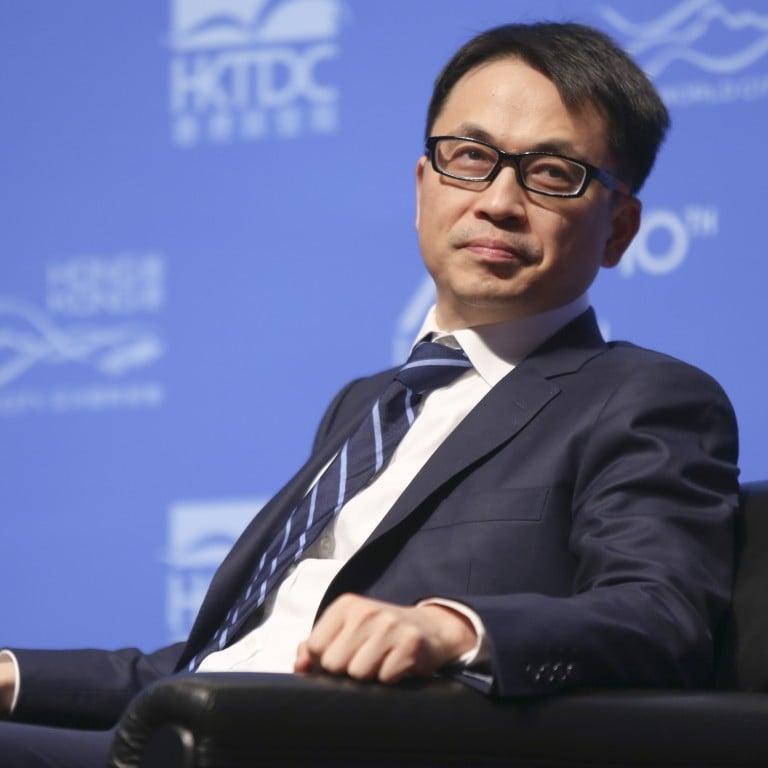How China’s Zhang Lei, the billionaire Tencent and JD.com tech investor, went from selling instant noodles to buying a stake in Amazon

Chinese billionaire Zhang Lei’s Hillhouse Capital Group made a recent grab for shares in Amazon, shoring up a lucrative investment empire portfolio which already includes stakes in streaming service Tencent, e-commerce platform JD.com and Blue Moon
From railway offerings to primary offerings – Chinese billionaire Zhang Lei has come a long way.
It’s sure a far cry from when a teenage Lei saved a total profit of just 800 yuan (US$114) after a period of selling noodles, water and magazines to people at train stations. Here’s how he did it
At that time, I knew there was something brewing in China. There was so much energy. You could make lots of money
Hillhouse founder and CEO Zhang was born in 1972 in Zhumadian, a village in Henan province, central China. Though he did not come from a privileged background, Zhang was able to study finance at Renmin University in Beijing thanks to a scholarship he won by scoring the highest marks in the province on his college entrance exams.

Soon after, he received a scholarship from America’s prestigious Yale University. But it covered only one of the three years of graduate school, and Zhang funded his way through school by working at the investment office of David Swensen, Yale’s chief investment officer.
Zhang translated Swensen's book, Pioneering Portfolio Management, An Unconventional Approach to Institutional Investment into Chinese and helped create the Mandarin phrases for “endowment” and “fiduciary” along the way.
Swensen took Zhang under his wing and taught him more about investing. The driven Zhang also proved to be quite a self-starter in his learning journey.
“When I learnt that annual reports were free, I sent away to every company in the S&P 500,” Zhang said in a 2014 interview with the Financial Times. “I couldn’t believe they were free – I learned so much from the management discussion section about business and things like return on capital and return on equity. It was very good training.”
A lucrative homecoming
After finishing his education at Yale, Zhang faced plenty of rejection in trying to secure work with consultancies. He eventually found employment at a Washington-based emerging market hedge fund.
But returning to China was always on his mind, as he felt that there was so much uncovered potential. “At that time, I knew there was something brewing in China. There was so much energy. You could make lots of money. There were so many vibrant entrepreneurs and tech start-ups,” he said.